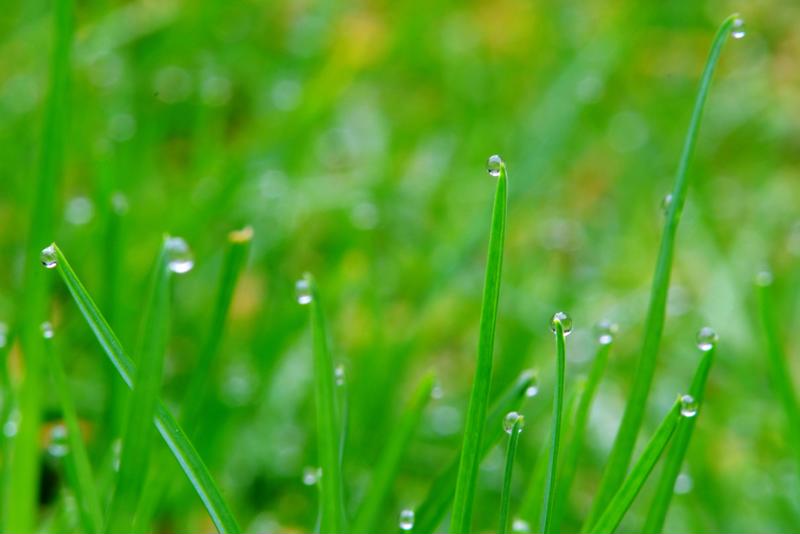When the temperatures start to rise and the sun stays out all day, taking care of your lawn can be much easier than you might’ve thought. In fact, if you have lawn care equipment from Husqvarna, you probably look forward to hopping on your ride-on or push mower and tackling your entire property in one go.
However, spring and summer also give rise to a hidden threat to your lawn: insects and pests. Often too small to see and too numerous to take care of on your own, protecting your yard from these annoying creatures can leave you with a massive headache and several brown patches in front of your house. If you’ve been struggling to keep insects and pests off your lawn, check out these three ways you can do so safely and effectively for a beautiful yard.
 If you slack on mowing the lawn, you might have a pest problem on your hands.
If you slack on mowing the lawn, you might have a pest problem on your hands.1. Stay on schedule
If your mother ever told you not to go running around in tall grass as a kid because you might get a tick, you already know the first step in keeping insects from ruining your lawn: mow regularly.
When you let your lawn grow out, insects see this as the perfect place to set up shop. Not only does longer grass give them better protection from predators and the elements, but it also creates space where they can safely lay eggs and multiply. If you routinely let your lawn grow to the point where the grass starts to flower, you might want to think about taking your Husqvarna mower out for a spin a little more often.
2. Wet and wild
If your part of the country gets a lot of rain or your house sits at a point where water naturally collects, you’ll want to break out the squeegee, hair dryer or any other contraption that can get rid of standing water.
Insects are drawn to stagnant pools of moisture because they are a breeding ground for bacteria and present a perfect environment for laying and hatching eggs. If you tend to over-water your lawn to the point where it doesn’t have the chance to drain excess moisture, you may be inadvertently creating harmful pools of water in your yard.
“Purchase the least toxic product and work your way up from there.”
3. Choose chemicals carefully
The days of DEET have come and gone, but there are still plenty of harmful chemicals on the market that could pose a threat not only to the health of your grass, but to your family as well.
The first thing to look for when searching for pesticides should be which insect they’re formulated to target. Products with the words “selective” only affect a single species of pest, while those labeled “broad spectrum” may be effective on a variety of insects. Make sure you start out slow – purchase the least toxic product, test it out and work your way up the intensity ladder if it doesn’t do the trick.